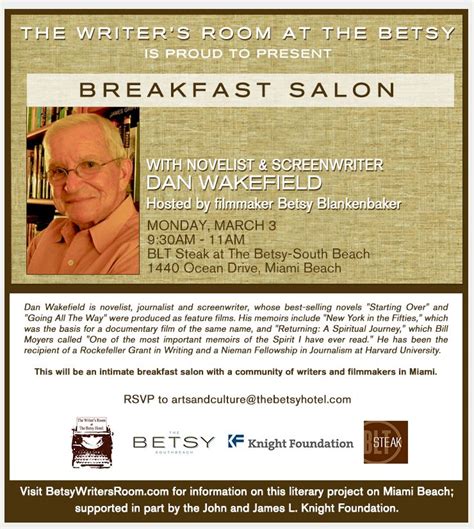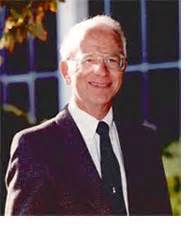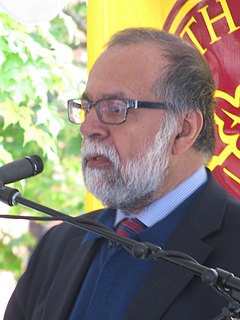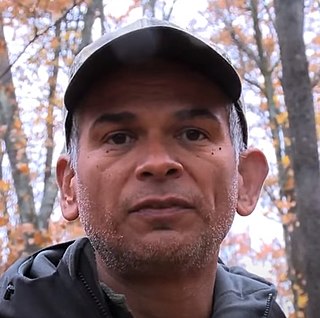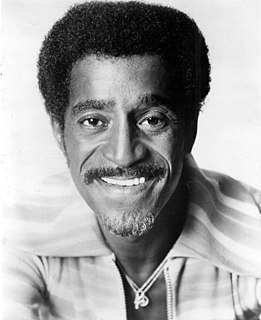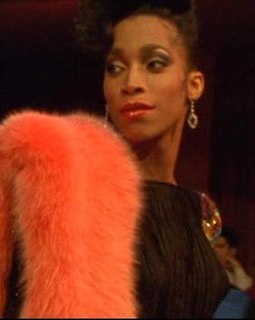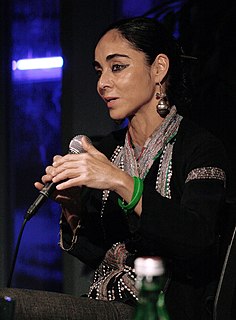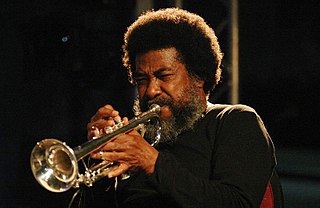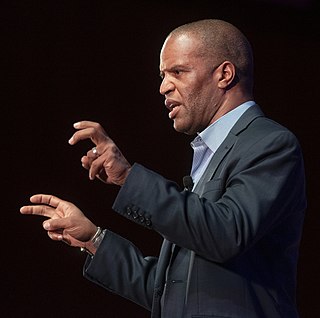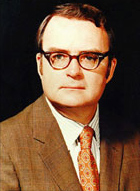Top 1200 Rights Movement Quotes & Sayings - Page 2
Explore popular Rights Movement quotes.
Last updated on April 20, 2025.
How blind to believe the civil rights movement ever ended. The civil rights movement never ends, and it never will. It has been marching since the beginning of time. Where Martin Luther King started is where Gandhi left off, and where he started, Abe Lincoln left off, and before that Whitfield all the way back to Moses. God has not moved. We have. But it is never too late. We are not at the mercy of these events. We can alter the course of history. We can stand against the dangerous arc of this story. But we need people who are willing to speak truth.
For many years now, I have been an outspoken supporter of civil and human rights for gay and lesbian people. Gays and lesbians stood up for civil rights in Montgomery, Selma, in Albany, Ga. and St. Augustine, Fla., and many other campaigns of the Civil Rights Movement. Many of these courageous men and women were fighting for my freedom at a time when they could find few voices for their own, and I salute their contributions.
When I began writing poems, it was in the late 60s and early 70s when the literary and cultural atmosphere was very much affected by what was going on in the world, which was, in succession, the civil rights movement, the antiwar movement, and the women's movement in the 60s, 70s, and into the early 80s. And all of those things affected me and affected my thinking, particularly the Vietnam War.
There was a resistance movement in the white community, and there was a determined civil rights movement by our neighbors and friends in the African-American community. They had right on their side. They conducted themselves in high standards, with courage and determination, and they were victorious. They overcame.
The core of human rights work is naming and shaming those who commit abuses, and pressuring governments to put the screws to abusing states. As a result, human rights conventions are unique among international law instruments in depending for their enforcement mostly on the activism of a global civil society movement.
Eventually [black men] are arrested, whether they've committed any serious crime or not, and branded criminals or felons for life. Upon release, they're ushered into a parallel social universe in which the civil and human rights supposedly won during the Civil Rights Movement no longer apply to them.
Felons are typically stripped of the very rights supposedly won in the civil rights movement, including the right to vote, the right to serve on juries, and the right to be free of legal discrimination in employment, housing, access to education, and public benefits. They're relegated to a permanent undercaste.
Generally, the arguments for same-sex marriage go along these lines: 'I have a civil right.' What the homosexual movement wants to do is to hitch their agenda to the civil rights movement, but I point out that this is illegitimate for a number of reasons. Number one, no black person has ever left his black-ness or changed his black-ness, but plenty of people have come out of the homosexual movement. What we need to do is distinguish between race and behavior.
As a southerner born after the epic events of the civil rights movement, I've always wondered how on earth people of good will could have conceivably lived with Jim Crow - with the daily degradations, the lynchings in plain sight, and, as the movement gathered force, with the fire hoses and the police dogs and the billy clubs.
Historically, narratives of forgiveness were part of both the anti-slavery movement and the civil rights movement in America. 'Uncle Tom's Cabin,' for instance, was based loosely on the life of the Rev. Josiah Henson, who forgave his master that wanted to sell him and beat him after Henson begged him not to.
When I speak to students about the Civil Rights Movement, I say that it is impossible to stop a determined movement that is captivating the American consciousness. I think the candidacy of Sen. Obama represents the beginning of a new movement in American political history that began in the hearts and minds of the people of this nation. And I want to be on the side of the people, on the side of the spirit of history.
In the South, prior to the Civil Rights movement and the 1964 Civil Rights Act, democracy was the rule. The majority of people were white, and the white majority had little or no respect for any rights which the black minority had relative to property, or even to their own lives. The majority - the mob and occasionally the lynch mob - ruled.
In the summer of 1966, I went to Mississippi to be in the heart of the civil-rights movement, helping people who had been thrown off the farms or taken off the welfare roles for registering to vote. While working there, I met the civil-rights lawyer I later married - we became an interracial couple.
President Obama is a man who had certain advantages because of the civil rights movement. He had the opportunity to go to some of the best schools in this country - schools that train you how to run the political paradigm, not challenge it. The leaders of the Black Power Movement were challenging that paradigm.
The #MeToo movement doesn't belong to Republicans or the Democrats. The #MeToo movement belongs to women who are having the courage to come forward and say this is wrong. People should be protected. We want that for all of our daughters and all of our sisters. We also want there to be rights for the accused.
There's this big debate that goes on in America about what rights are: Civil rights, human rights, what they are? it's an artificial debate. Because everybody has rights. Everybody has rights - I don't care who you are, what you do, where you come from, how you were born, what your race or creed or color is. You have rights. Everybody's got rights.
At the end of the day, these are issues that need to be discussed: femicides, among other things - immigrant rights, women's' rights, indigenous people's rights, animal rights, Mother Earth's rights. If we don't talk about these topics, then we have no place in democracy. It won't exist. Democracy isn't just voting; it's relegating your rights.
Women's rights in essence is really a movement for freedom, a movement for equality, for the dignity of all women, for those who work outside the home and those who dedicate themselves with more altruism than any profession I know to being wives and mothers, cooks and chauffeurs, and child psychologists and loving human beings.
